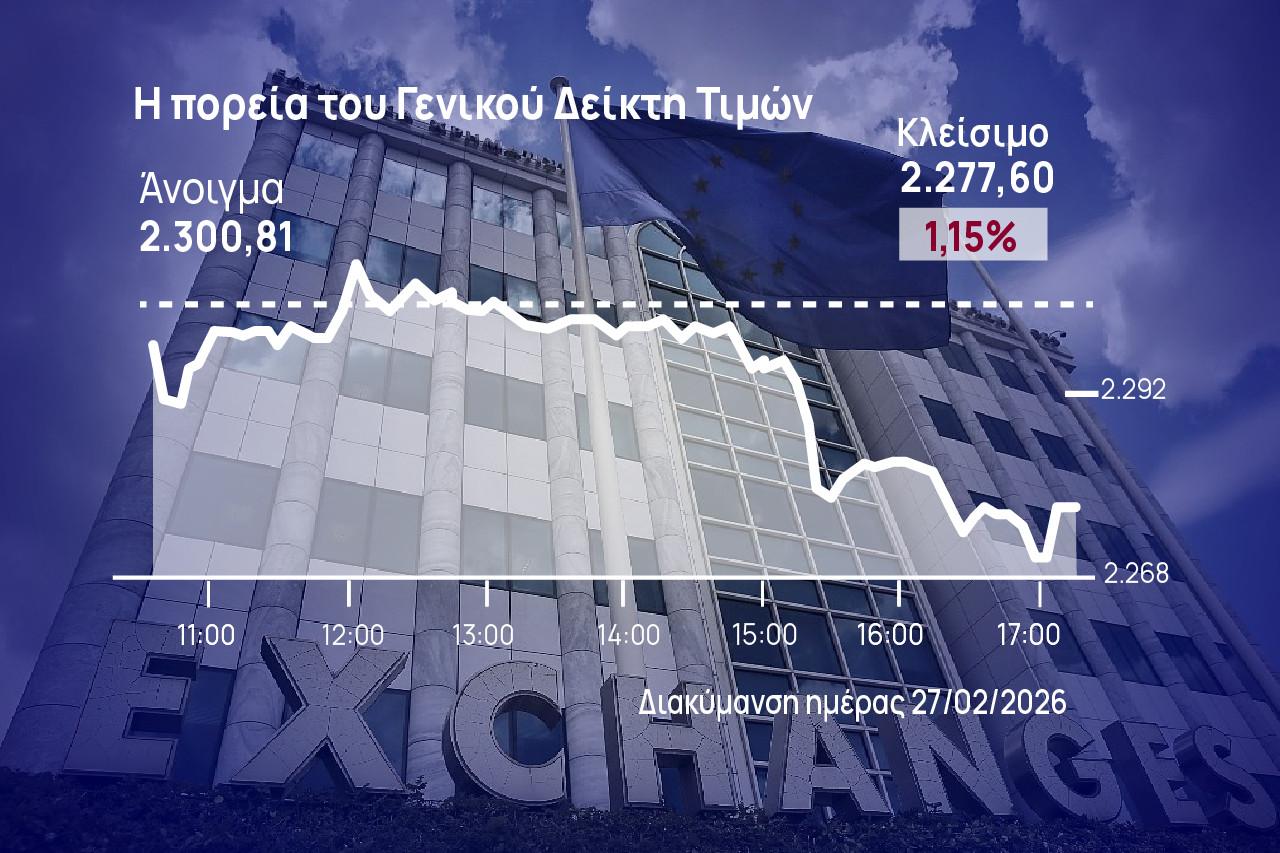Rising prices are changing consumer habits, causing concern in households and by extension in businesses, according to the large survey by Opinion Poll for the Professional Chamber of Athens.
Eight out of ten cut back on shopping and energy consumption
The research explored the effects of inflation on the lives of citizens, as well as the opinions on its causes, as well as on the government measures that have been decided.
Also read: PwC: How inflation and supply chain disruptions are changing consumer habits
Among other things, the main conclusions state that a large percentage of citizens have reduced spending, purchases, and other expenses due to rising prices.
In particular, 83.7% proceed with reductions in energy consumption, 83.2% limit purchase of consumer products, 66.4% limit personal car travel and 66% vacation days. Also, 18.7% make some cuts in terms of the tutoring for their children to help with tertiary educational entrance examination.
Difficulty paying off loans
At the same time, it seems that the increases make it very difficult for 53.3% to meet their obligations such as repaying loans, credit cards, etc. However, 26.8% answer that they have little or no difficulty.
66.5% state rather and definitely pessimistic about their personal financial situation while 32.1% state definitely and rather optimistic.
The effect of war
83.3% consider that Russia’s invasion of Ukraine has had a global effect, thus also on Greece, and on the rise in prices as a whole.
47% consider that the international situation is the main reason for any increases, with 45.2% considering the policy of the Greek Government as the main reason.
No state aid for one in two
Regarding overall measures taken by the Government to support households, 54.1% consider them to offer almost no help, 30.2% consider them to be little but necessary help and 14.2% considered to be a significant help given the circumstances.
49.3% declare little or no satisfaction with the Government’s measures to lower energy tariffs, while 45.3% declare very and fairly satisfied.
At the same time, 45.4% believe that the next bills will be significantly reduced, with 46.2% having the opposite opinion.
49.9% have a positive and rather positive view of the new Fuel Pass2 Subsidy Program, with 43.9% having the opposite opinion.
However, 58.3% believe that it will not relieve the owners of the vehicles, while 37% have the opposite opinion.
Taking new measures
Regarding the conclusions of the research, the president of the Chamber, Mr. Yiannis Hatzitheodosiou, emphasized that the results of the survey show that the standard of living of the citizens has changed dramatically, negatively affecting the entire spectrum of the economy and the operation of businesses. Mr. Hatzitheodosiou noted that it is worrying that 66.5% say they are pessimistic about the future. He reiterated the official position of the Chamber that we now have to calmly look at the adoption of other measures, beyond those that apply today and which are mainly subsidies. The new measures should be implemented with the aim of reducing prices, both in energy and in basic goods, and this can only be achieved by reducing the VAT on fuel and the VAT on specific products.”










































